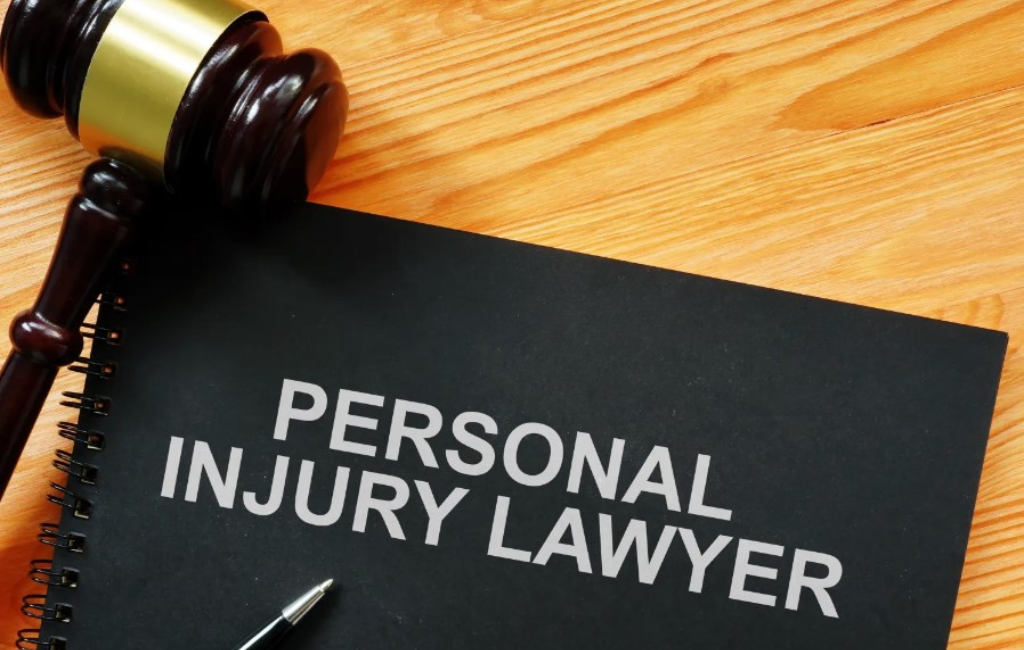-
Table of Contents
- Personal Injury Lawyer Protects Rights
- The Role of a Personal Injury Lawyer
- Investigating Claims
- Gathering Evidence
- Negotiating with Insurance Companies
- Representing Clients in Court
- Advising Clients on Legal Options
- Case Studies and Examples
- Case Study 1: Car Accident
- Case Study 2: Medical Malpractice
- Statistics on Personal Injury Cases
- Challenges Faced by Personal Injury Lawyers
- Dealing with Uncooperative Insurance Companies
- Handling Complex Medical Evidence
- Navigating Changing Laws and Regulations
- Managing Client Expectations
- Conclusion
Personal Injury Lawyer Protects Rights
Personal injury lawyers play a pivotal role in safeguarding the rights of individuals who have suffered harm due to the negligence or misconduct of others. These legal professionals specialize in tort law, which covers civil wrongs and damages. Their expertise ensures that victims receive fair compensation and justice. This article explores the various ways personal injury lawyers protect the rights of their clients, supported by examples, case studies, and statistics.
The Role of a Personal Injury Lawyer
Personal injury lawyers provide legal representation to individuals who claim to have been injured, physically or psychologically, as a result of the negligence of another person, company, government agency, or any entity. Their primary responsibilities include:
- Investigating claims
- Gathering evidence
- Negotiating with insurance companies
- Representing clients in court
- Advising clients on legal options
Investigating Claims
One of the first steps a personal injury lawyer takes is to investigate the claim. This involves collecting all relevant information, such as medical records, police reports, and witness statements. The goal is to establish the facts and determine the viability of the case.
Gathering Evidence
Evidence is crucial in personal injury cases. Lawyers gather various types of evidence, including photographs, video footage, and expert testimonies. This evidence helps build a strong case to support the client’s claims.
Negotiating with Insurance Companies
Insurance companies often aim to minimize payouts. Personal injury lawyers negotiate with these companies to secure fair settlements for their clients. They use their knowledge of the law and the specifics of the case to advocate for the best possible outcome.
Representing Clients in Court
If a fair settlement cannot be reached, personal injury lawyers represent their clients in court. They present the evidence, question witnesses, and make compelling arguments to convince the jury or judge of their client’s right to compensation.
Advising Clients on Legal Options
Throughout the process, personal injury lawyers provide their clients with legal advice. They explain the legal options available and help clients make informed decisions about their cases.
Case Studies and Examples
To illustrate the impact of personal injury lawyers, consider the following case studies:
Case Study 1: Car Accident
In a notable case, a woman was severely injured in a car accident caused by a drunk driver. Her personal injury lawyer conducted a thorough investigation, gathered compelling evidence, and negotiated with the insurance company. The lawyer secured a substantial settlement that covered medical expenses, lost wages, and pain and suffering.
Case Study 2: Medical Malpractice
Another example involves a patient who suffered complications due to a surgical error. The personal injury lawyer obtained medical records, consulted with medical experts, and built a strong case. The lawyer’s efforts resulted in a favorable verdict, providing the patient with compensation for medical bills and ongoing care.
Statistics on Personal Injury Cases
Statistics highlight the importance of personal injury lawyers in securing justice for victims:
- According to the National Center for State Courts, approximately 16 million civil cases are filed annually in the United States, with personal injury cases comprising a significant portion.
- The Insurance Research Council reports that individuals who hire personal injury lawyers receive settlements that are 3.5 times higher, on average, than those who do not.
- A study by the American Bar Association found that 96% of personal injury cases are settled pretrial, often due to effective negotiation by lawyers.
Challenges Faced by Personal Injury Lawyers
Personal injury lawyers encounter several challenges in their practice:
- Dealing with uncooperative insurance companies
- Handling complex medical evidence
- Navigating changing laws and regulations
- Managing client expectations
Dealing with Uncooperative Insurance Companies
Insurance companies often employ tactics to delay or deny claims. Personal injury lawyers must be persistent and knowledgeable to counter these tactics and secure fair settlements.
Handling Complex Medical Evidence
Personal injury cases frequently involve intricate medical evidence. Lawyers must understand medical terminology and procedures to effectively present this evidence in court.
Navigating Changing Laws and Regulations
Laws and regulations related to personal injury can change. Lawyers must stay updated on these changes to provide accurate legal advice and representation.
Managing Client Expectations
Clients may have unrealistic expectations about the outcome of their cases. Personal injury lawyers must communicate clearly and manage these expectations to avoid disappointment.
Conclusion
Personal injury lawyers play an indispensable role in protecting the rights of individuals who have suffered harm due to the negligence of others. Through thorough investigation, evidence gathering, negotiation, and courtroom representation, they ensure that victims receive fair compensation and justice. Case studies and statistics underscore the significant impact these legal professionals have on the lives of their clients. Despite the challenges they face, personal injury lawyers remain dedicated to advocating for the rights of those they represent.
